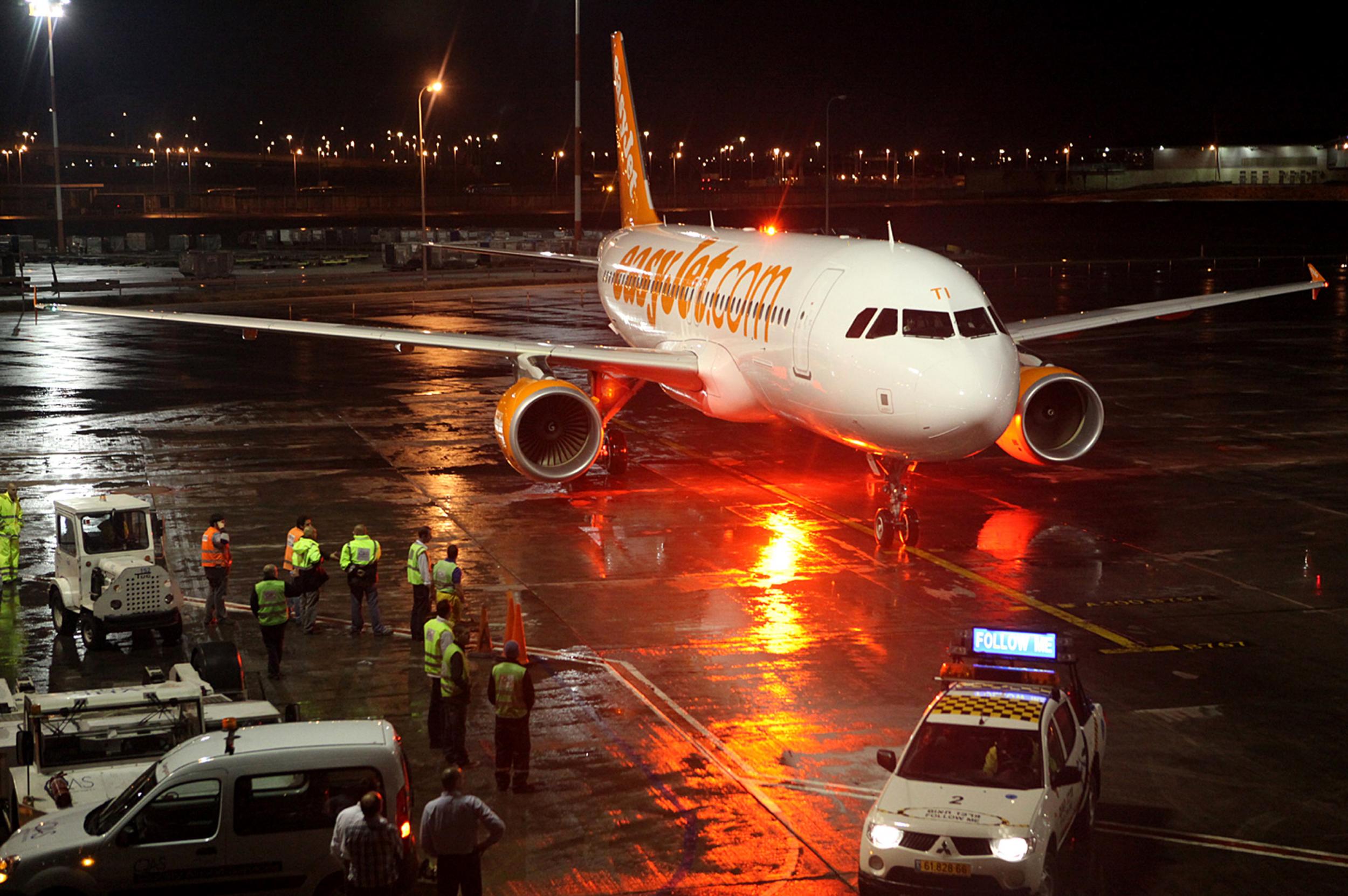The ‘moral hazard’ of bailing out airlines
Dividends have continued even as airlines ground fleets and talk of government rescue, writes James Moore


Other than banks and insurers, it’s hard to imagine a sector less deserving of sympathy and understanding than the airlines.
Given the way they’ve been carrying on, they may ultimately eclipse even those two.
Let’s get started with easyJet. The low-cost carrier is to pump more than £174m out of its coffers in the form of dividends to its shareholders.
The huge payment will be made just a few short days after the airline’s CEO Johan Lundgren said this: “It is clear that coordinated government backing will be required to ensure the industry survives and is able to continue to operate when the crisis is over.”
So, let me get this right: what the airline is saying here is we want you, the taxpayer, to help us so we can help our shareholders and keep them comfy through the course of the Covid-19 crisis.
It certainly looks that way.
But wait: I was told the dividends are being paid because they were agreed at the airline’s AGM, making it a legal requirement.
Given the unprecedented nature of what’s happening, surely there’s a case for an EGM to ask shareholders to change course?
Apparently not. Too risky. Too dangerous. We might get sued.
Imagine if someone tried that, just imagine.
The reason you don’t have to is surely because the calculation is that governments will help out. Like they have in the past. So why bother to even try and take emergency cash conserving measures?
There was lot of talk during the financial crisis about the “moral hazard” of bailing out banks.
Lehman Brothers nearly bringing down the global financial system put that to bed and the caps in the hands of the weak ones’ CEOs were filled to the brim.
Maybe those who coined the phrase were on to something.
Airlines like easyJet, and especially some of the big US carriers, are making that clear.
On to Ryanair. You knew that name was coming up, didn’t you?
But wait: its CEO Michael O’Leary said something different: “We can, and will, with appropriate and timely action, survive through a prolonged period of reduced or even zero flight schedules.”
It might just be me, but perhaps part of that action should have involved suspending buying back shares, which is a lot less complicated to do than suspending a dividend.
Ryanair spent €10.686 on gobbling up 150,000 shares of them the day that quote was released.
No, that doesn’t represent big money and O’Leary seems pretty confident he can weather the storm better than most of his rivals.
But when your fleet is basically grounded, shouldn’t the focus being on conserving cash full stop? Also, in the midst of an unprecedented global crisis, maybe some of it would be best deployed helping the people who work so hard to make Ryanair Europe’s favourite airline (or whatever slogan O’Leary is favouring these days) to weather it. They’re facing job and pay cuts.
Paying staff, or rather not paying staff, is what has transformed Sir Richard Branson from everyone’s favourite billionaire into a “disgrace”, in the words of at least one Tory MP. It came after the company suggested staff take eight weeks unpaid leave during the pandemic.
Then there’s the way that some American carriers have been carrying on, which has stoked fury in their home marked.
If that’s a change in the wind you can feel, you’re not alone.
Back to easyJet. I’m told Mr Lundgren is only maybe after loans, and on commercial terms to boot.
Governments take note. Those terms had better be every bit as tough as a bank would demand, and perhaps tougher.
Airlines around the world that are asking for help are getting scant sympathy. Is it any wonder?
Join our commenting forum
Join thought-provoking conversations, follow other Independent readers and see their replies
Comments